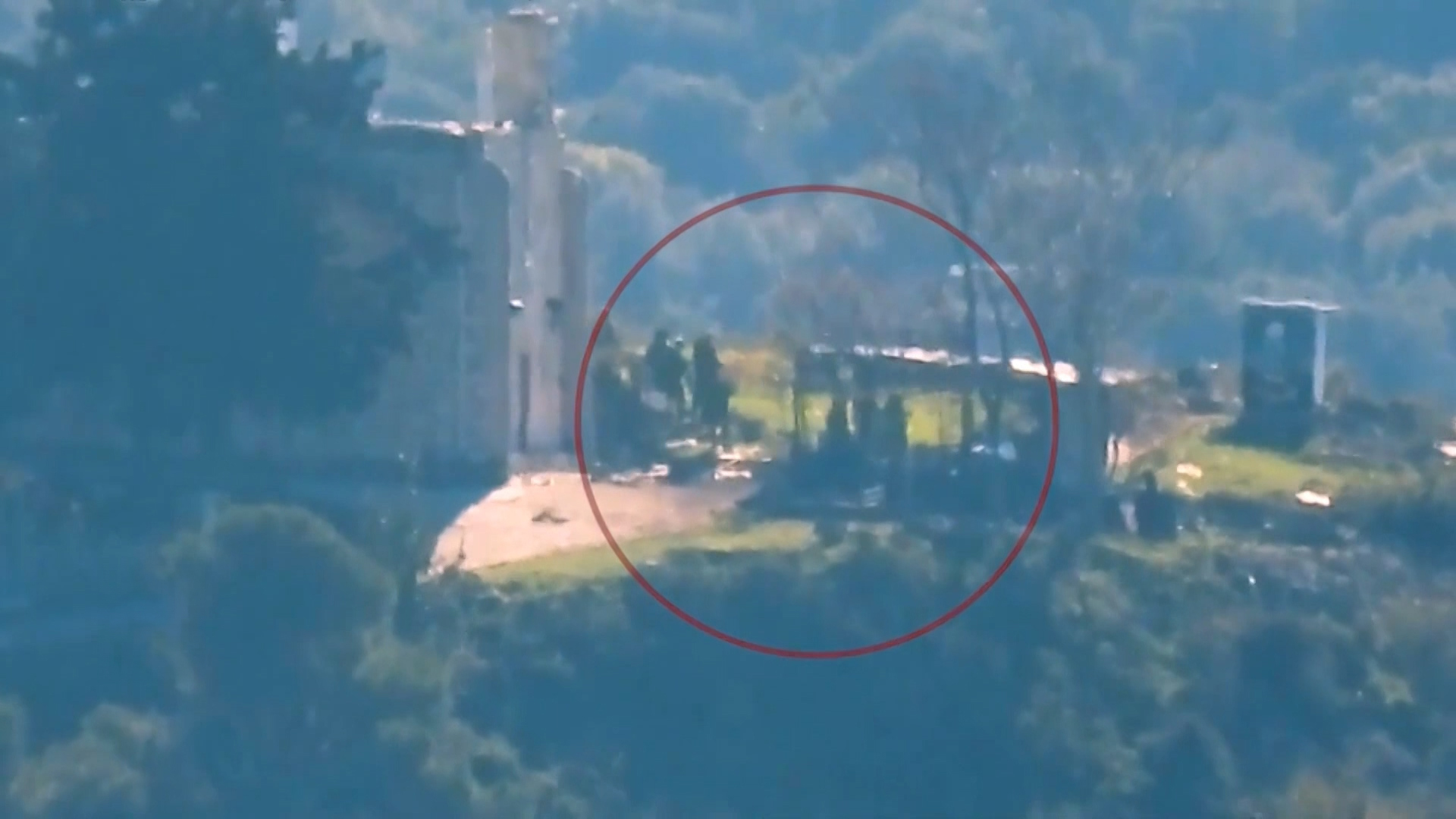play videoplay video
Video duration 03 minutes 04 seconds 03:04
The Lebanese Hezbollah has opened a front on the border between Lebanon and Israel since the day after the outbreak of the war on Gaza on October 7, and has been documenting its operations against Israeli military targets.
Hezbollah did not announce its entry into the battle with all its might, but it uses some of its specific missiles, such as “Burkan” and “Falaq,” and the party’s Secretary-General, Hassan Nasrallah, believes that they constitute military pressure on Israel and occupy a third of its forces.
During the first three months of this confrontation, Hezbollah says it carried out nearly 700 strikes against Israeli targets, including 48 Israeli military sites and points, and targeting 17 settlements on the border that extends 140 kilometers from Ras Naqoura in the west to the occupied Syrian Golan in the east.
The first 100 days of this confrontation also witnessed the wounding of more than two thousand Israelis by Hezbollah strikes, while Israel did not announce a clear number of the wounded and dead among its soldiers.
In turn, a Lebanese security source told Al Jazeera, “We monitor communications from within the targeted Israeli military sites requesting first aid, and then we monitor movements to evacuate the wounded from these sites.”
According to a report by Suhaib Al-Assa, broadcast by Al-Jazeera, the Israeli secrecy regarding the losses has its reasons related to a different approach to the Gaza front. “Israel’s announcement of the losses on the northern front may raise voices demanding an end to the war on the two fronts, or raise voices towards pushing the Lebanon front more broadly to remove the Hezbollah threat.”
He adds that the second option is increasingly being hinted at by Israel's political and military leaders, "but Tel Aviv does not want to fight two wars at the same level at the same time, and it knows that Hezbollah's capabilities significantly exceed those of the Islamic Resistance Movement (Hamas), " according to the report.
Israeli army spokesman Daniel Hagari said last Saturday that his forces had attacked more than 50 Hezbollah targets in Syria and 3,400 targets in Lebanon since the start of the war in the Gaza Strip about 4 months ago.
Hagari pointed out that 150 Hezbollah cells in Lebanon were destroyed and 200 people were killed in these strikes, according to him, while Hezbollah on Sunday mourned two of its fighters from the town of Taybeh, saying that they “rose on the road to Jerusalem,” bringing the party’s death toll to 179.
Source: Al Jazeera

